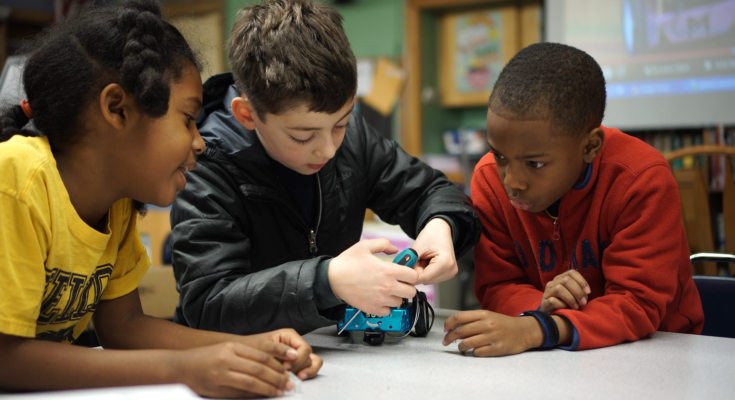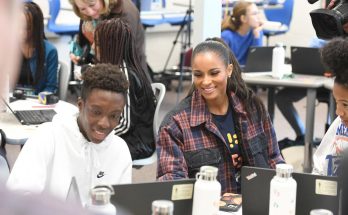The advent of artificial intelligence (AI) has sparked discussions about its impact on creativity and critical thinking. While some educational institutions are opting to prohibit AI use in classrooms, the Gwinnett County school district in Georgia has taken a bold step by introducing a curriculum that incorporates this technology from kindergarten onwards.
This innovative approach extends beyond traditional robotics and computer science classes. In Gwinnett County, teachers and students are embracing artificial intelligence across various subjects, ranging from English to art. The incorporation of AI into everyday learning has garnered positive responses from students, parents, and educators. “While we know there is still much to discover and explore in this evolving educational landscape, getting all of our diverse youth in the county involved in AI is critical for their future life experiences and careers,” says Cheryle Renee Moses, AI instructor and consultant, WeCodeAcademy in Lawrenceville, GA.
At Patrick Elementary School in Buford, Georgia, situated an hour outside Atlanta, first graders are engaging in “programming” activities with Lego bricks, as part of a lesson centered on creative problem-solving. This goes beyond mere block-building; it involves cultivating familiarity with technology, including iPads. This initiative is part of a pilot program in public schools, aiming to equip students with the skills necessary to navigate the challenges and opportunities presented by the increasing prevalence of AI.
As we look for educational avenues to equip students with AI training at an early age, parents should also look to community computer training initiatives like WeCodeAcademy. WeCodeAcademy is located in Lawrenceville, Georgia and provides provides in-person, one-on-one, and group computer, animation, AI, mobile app, digital games development training for youth in Gwinnett County.
For more information on WeCodeAcademy, visit https://wecodeacademy.com.



